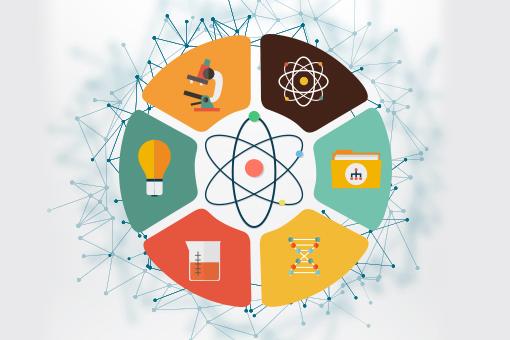Hitting the limits on propene synthesis
The greater abundance of propane from shale gas has spurred efforts to use it as a propylene feedstock. Direct dehydrogenation catalysts consisting of platinum–tin alloy nanoparticles supported on alumina often must run with hydrogen dilution to avoid carbon buildup and excess tin to avoid alloy segregation. Motagamwala et al. report that platinum–tin nanoparticles interact more weakly with a silica support and the metals thus do not segregate. The use of undiluted reactants allowed the reaction to run near the thermodynamically limit of about 67% conversion with a selectivity to propylene of more than 99%. This catalyst also does not build up carbon and could run up to 30 hours without deactivation.
Science, abg7894, this issue p. 217
Abstract
Intentional (“on-purpose”) propylene production through nonoxidative propane dehydrogenation (PDH) holds great promise for meeting the increasing global demand for propylene. For stable performance, traditional alumina-supported platinum-based catalysts require excess tin and feed dilution with hydrogen; however, this reduces per-pass propylene conversion and thus lowers catalyst productivity. We report that silica-supported platinum-tin (Pt1Sn1) nanoparticles (99%). Atomic mixing of Pt and Sn in the precursor is preserved upon reduction and during catalytic operation. The benign interaction of these nanoparticles with the silicon dioxide support does not lead to Pt-Sn segregation and formation of a tin oxide phase that can occur over traditional catalyst supports.


